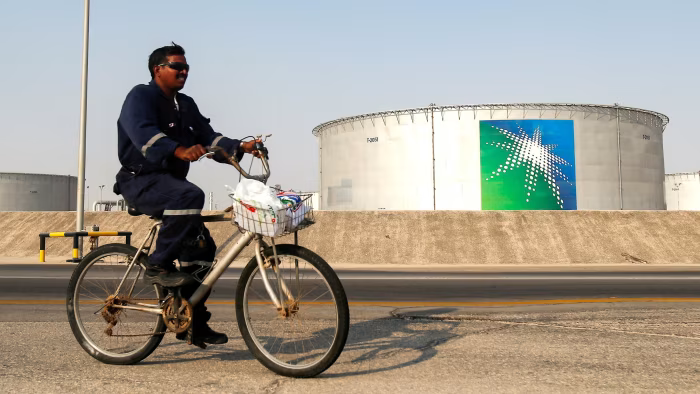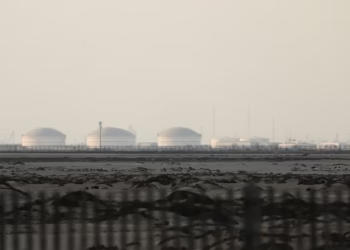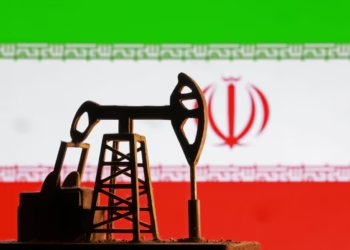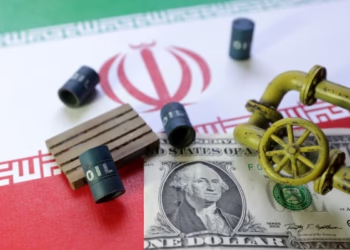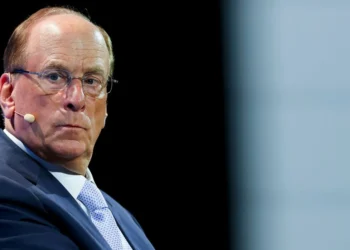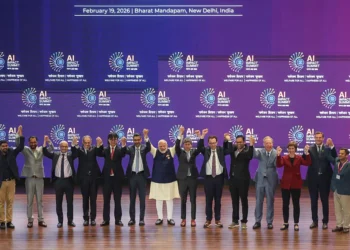RIYADH (Realist English). Saudi Aramco has cut its dividend payout by $10bn after reporting a decline in first-quarter profits, reducing a critical revenue stream for the Saudi state budget as oil prices remain under pressure and fiscal challenges mount.
Saudi Aramco slashes dividend by $10bn as falling oil revenue widens Saudi deficit
Energy giant’s profit drop puts pressure on funding Crown Prince’s economic transformation agenda
The company’s net income fell 5% year-on-year to $26bn in Q1 2025, with an average realised oil price of $76.30 per barrel, down from $83 in the same period last year. As a result, total dividends fell to $21.4bn, down from $31bn in Q4 2024.
This move follows a March announcement that Aramco would pay $85bn in total dividends in 2025, a significant reduction from $124bn in 2024.
The dividend cut coincides with mounting fiscal stress in Saudi Arabia. According to the Ministry of Finance, the kingdom’s budget deficit rose to $15.6bn in Q1, compared to $3.3bn a year earlier. Oil revenues fell by 18%, highlighting the vulnerability of state finances to global energy market shifts.
Amin Nasser, president and CEO of Aramco, said:
“Global trade dynamics affected energy markets in the first quarter of 2025, with economic uncertainty affecting oil prices.”
Adding to the pressure, Brent crude has dropped another 15% since the quarter ended, currently trading near $64 a barrel, amid new U.S. trade tariffs and concerns over oversupply after Opec+ moved to raise output. In a surprise shift, eight Opec+ members, including Saudi Arabia and Russia, will increase production by 411,000 barrels per day in June — the second such rise in as many months.
Despite the downturn, Aramco offered no forward guidance on further dividend changes or spending cuts. The company said it would rely on “disciplined capital planning and execution” during volatile market conditions.
Saudi authorities, meanwhile, are reassessing timelines and budgets for the Vision 2030 program. Some high-profile projects are being delayed or restructured, though major international events — Expo 2030 and the FIFA World Cup 2034 — leave little room to slow infrastructure development.
The government and the Public Investment Fund (PIF) jointly own more than 97% of Aramco, making the company’s dividends essential to public spending.
The Opec+ production hike may signal a shift away from price protection and toward market share competition. Jorge León, senior vice-president at Rystad Energy, called the move a “bombshell” that suggests Riyadh and Moscow are recalibrating their global oil strategy.


